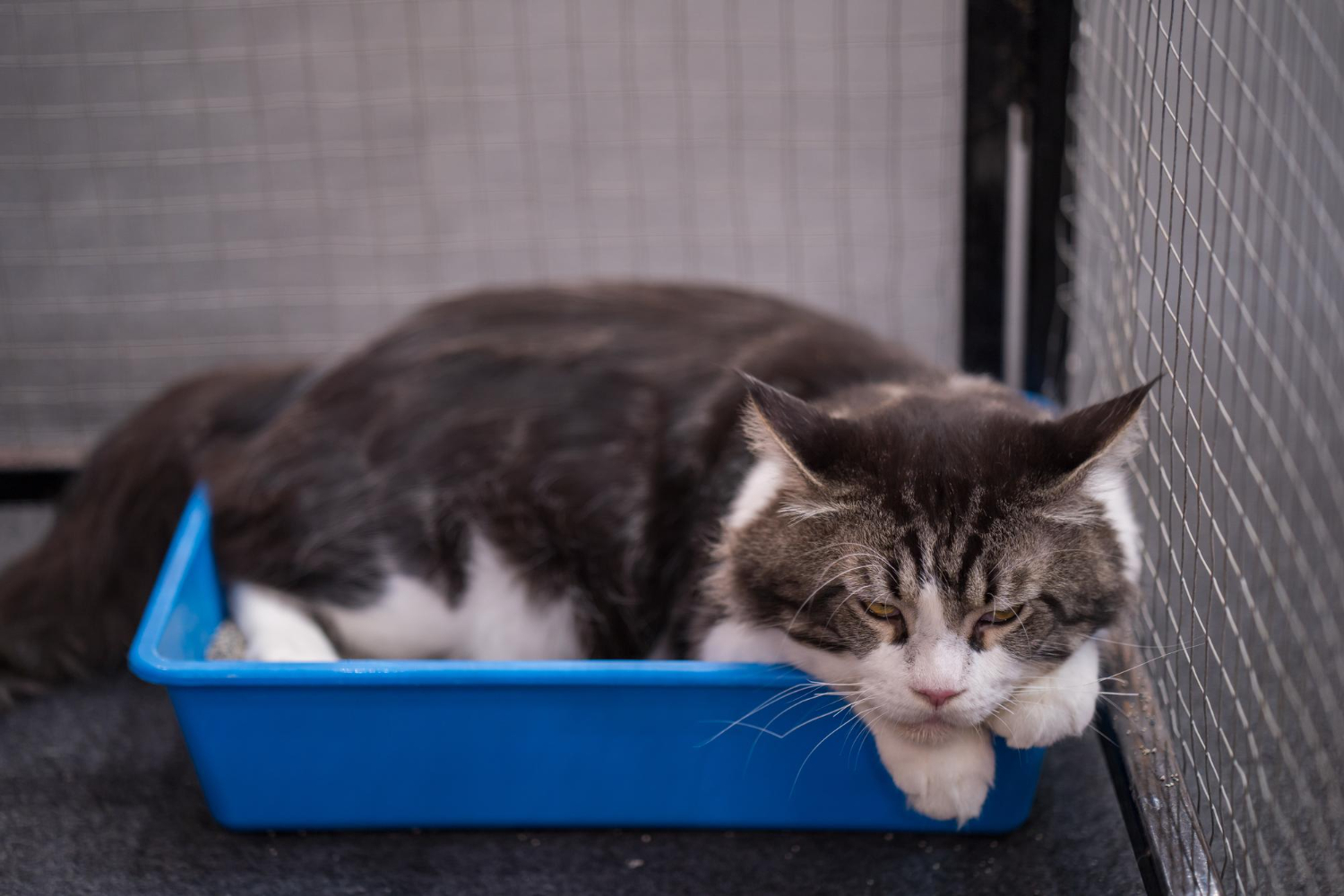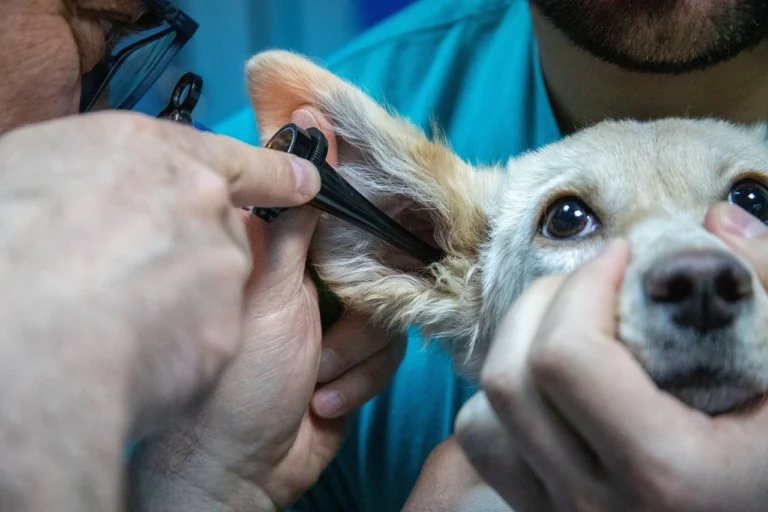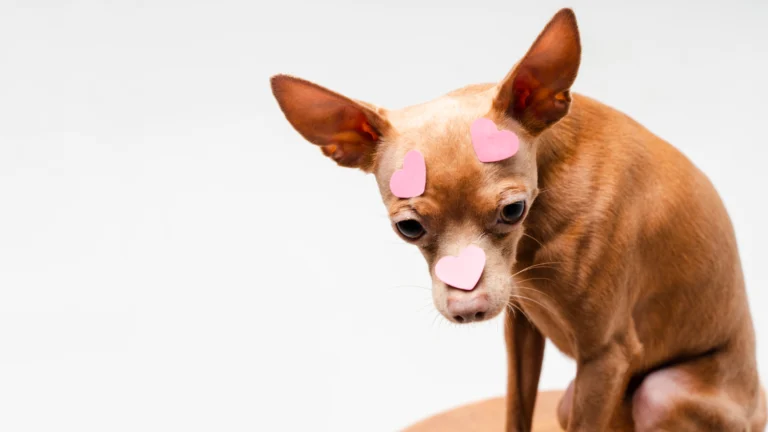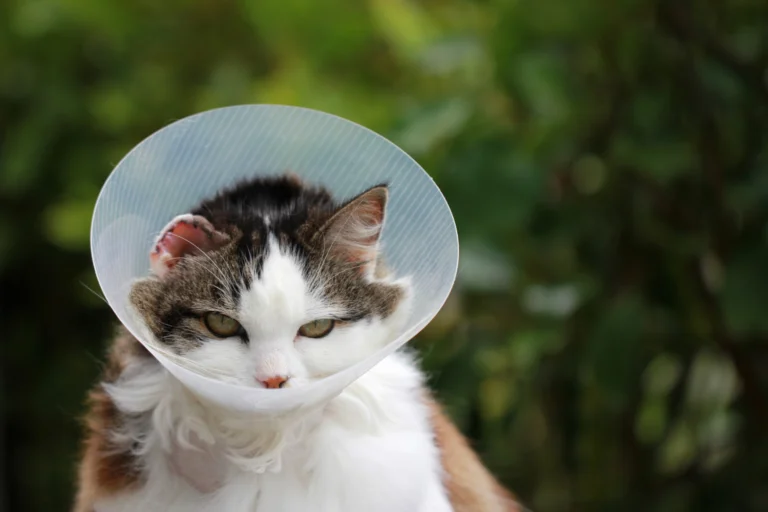Home Remedies for Cat Constipation: 5 Powerful and Natural Solutions
Table of Contents
Introduction: The Struggle of a Constipated Cat : Understanding Your Pet’s Pain
Have you noticed your cat struggling in the litter box? Perhaps you’ve seen them straining, looking uncomfortable, or even avoiding the box altogether. As a cat parent, you know how distressing it can be when your beloved feline is unwell. One of the most common, yet often overlooked issues cats face is constipation.
Constipation in cats can cause immense discomfort, leading to painful bowel movements or even dangerous health complications. Fortunately, there are simple, effective home remedies for cat constipation that can offer your pet relief, without the need for costly vet visits or medications. In this article, we’ll dive deep into the causes, symptoms, and natural solutions you can try at home to help your cat feel better.
By the end of this article, you’ll be equipped with all the knowledge you need to effectively manage your cat’s constipation and bring them the comfort they deserve.
Understanding Cat Constipation: Causes and Symptoms
What Causes Constipation in Cats?
To treat constipation effectively, it’s essential to first understand what’s causing it. Cats can experience constipation for various reasons, and identifying the root cause is the first step in finding a solution.
- Dehydration: Cats aren’t always good at drinking water, which can lead to dehydration. When your cat’s body lacks adequate water, their stool becomes dry and hard, making it difficult to pass.
- Poor Diet: A diet lacking sufficient fiber can disrupt your cat’s digestive system. Cats that consume a lot of dry food with little fiber may have trouble with regular bowel movements.
- Health Conditions: Certain medical conditions like kidney disease, hypothyroidism, or neurological disorders can affect your cat’s ability to pass stool.
- Obesity: Overweight cats are more prone to constipation due to a lack of movement and slower digestion.
- Stress: Cats are sensitive creatures, and stress from changes in their environment, a new pet, or a shift in routine can affect their digestive health.
- Medications: Certain medications, such as painkillers or sedatives, may have constipation as a side effect.
Symptoms of Constipation in Cats
Recognizing the signs of constipation in cats early can help prevent further complications. Here are some common symptoms to watch for:
- Straining in the Litter Box: If your cat seems to be straining without producing stool, constipation may be the culprit.
- Infrequent or No Bowel Movements: Cats typically defecate once or twice a day. If your cat goes without a bowel movement for more than 48 hours, it’s a cause for concern.
- Vomiting or Loss of Appetite: Constipation can lead to a buildup of waste in the body, causing nausea, loss of appetite, or even vomiting.
- Lethargy: A constipated cat might become lethargic or less playful, as they’re uncomfortable.
If you notice any of these signs, it’s time to take action before the problem becomes more severe.
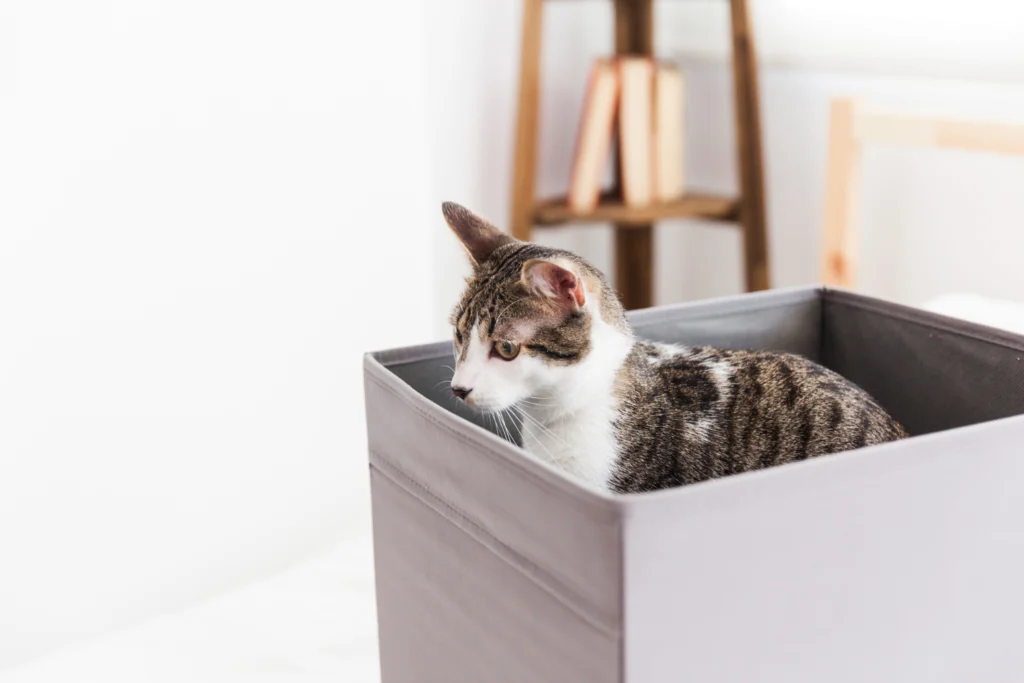
Home Remedies for Cat Constipation: Natural Solutions That Work
Increasing Water Intake for a Healthy Digestive System
One of the easiest and most effective ways to relieve constipation in your cat is to increase their water intake. Hydration plays a crucial role in softening stool and aiding digestion.
How to Encourage Your Cat to Drink More:
- Use a Water Fountain: Cats are naturally attracted to moving water, and using a pet water fountain can encourage them to drink more.
- Add Water to Food: If your cat isn’t a fan of drinking water directly, try adding water or low-sodium chicken broth to their food to increase their fluid intake.
- Fresh, Clean Water: Make sure your cat always has access to fresh, clean water, and change it regularly to keep them interested.
Why It Works: Water helps prevent dehydration, which is one of the main causes of constipation. When your cat drinks more, their stool becomes softer, making it easier to pass.
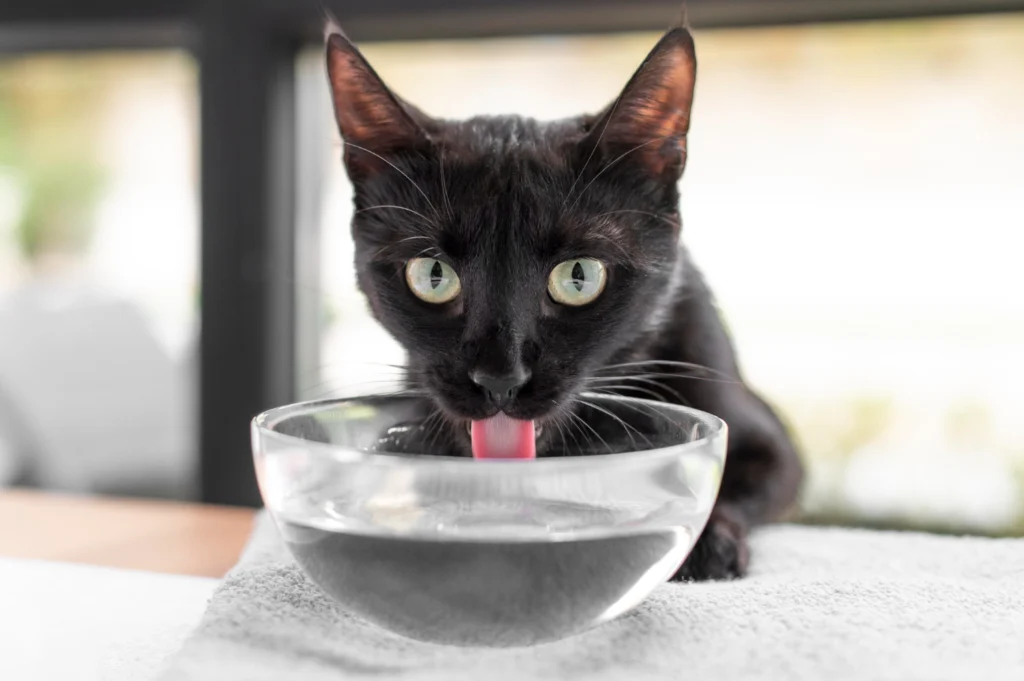
Adding Fiber to Your Cat’s Diet
Fiber plays a crucial role in promoting healthy digestion and ensuring regular bowel movements. Adding fiber to your cat’s diet can help regulate their stool, making it easier for them to pass.
Best Sources of Fiber for Cats:
- Pumpkin Puree: Pumpkin is rich in fiber and helps regulate bowel movements. It’s also easy on your cat’s stomach. Simply add a teaspoon of plain, canned pumpkin to your cat’s food.
- Psyllium Husk: Psyllium, found in products like Metamucil, is a natural fiber supplement. Add 1/4 to 1/2 teaspoon to your cat’s food.
- High-Fiber Cat Food: Some commercial cat foods are specifically formulated with higher fiber content. These foods are often labeled as “digestive health” or “high fiber.”
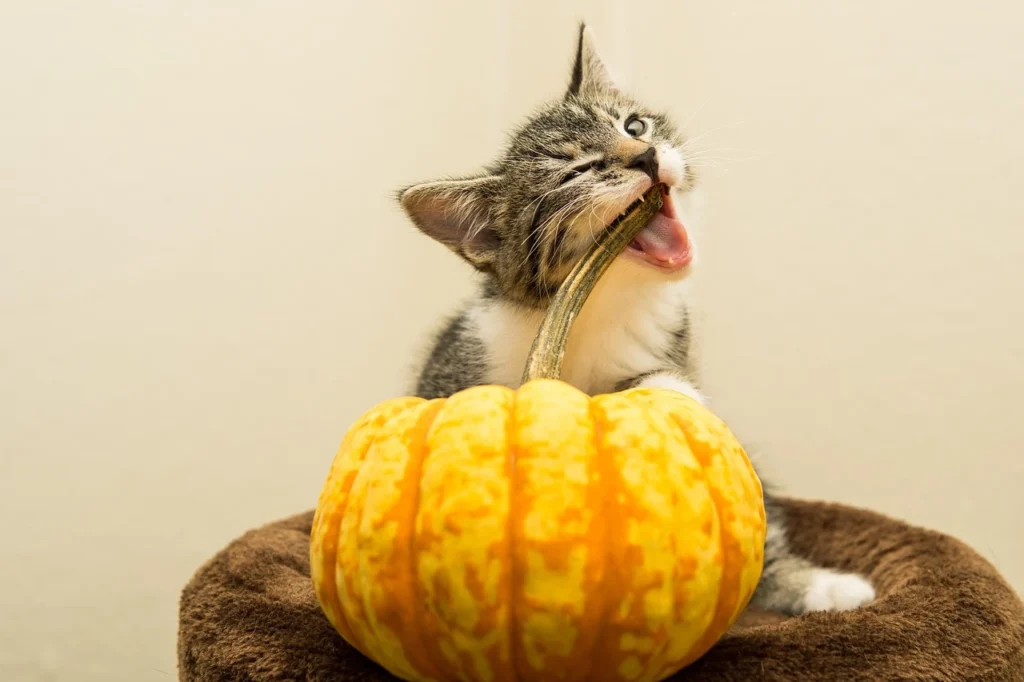
How Much Fiber to Add:
A good starting point is about 1 teaspoon of pumpkin puree per meal, or 1/4 teaspoon of psyllium. Adjust the amount based on your cat’s size and response to the remedy.
Table: Common Fiber Sources for Cats
| Fiber Source | Recommended Amount | How It Helps |
| Pumpkin Puree | 1-2 teaspoons | Natural source of fiber |
| Psyllium Husk | 1/4 to 1/2 tsp | Bulk-forming laxative |
| High-Fiber Cat Food | As per label | Helps regulate bowel movements |
The Benefits of Olive Oil and Coconut Oil
Both olive oil and coconut oil have natural lubricating properties that can help relieve constipation by easing the passage of stool through the intestines.
How to Use Olive or Coconut Oil:
- Add 1/2 to 1 teaspoon of either oil to your cat’s food once a day. Start with smaller amounts and observe your cat’s reaction.
Why It Works:
These oils act as natural lubricants, helping to move stool through the digestive tract more smoothly. However, be cautious not to overdo it, as excessive oil can lead to diarrhea.
Gentle Massage and Exercise: Helping Your Cat’s Gut Move
Sometimes, a little extra help can get your cat’s digestive system back on track. Gently massaging their abdomen and encouraging them to move around can stimulate bowel movement.
Massage Techniques:
- Use gentle, circular motions around your cat’s abdomen to encourage digestion and relieve discomfort. Be careful not to apply too much pressure.
- Perform the massage in short intervals, once or twice a day.
Encouraging Activity:
- Play with your cat to encourage movement. Interactive toys like feather wands, laser pointers, or balls can help get your cat moving and stimulate their digestive system.
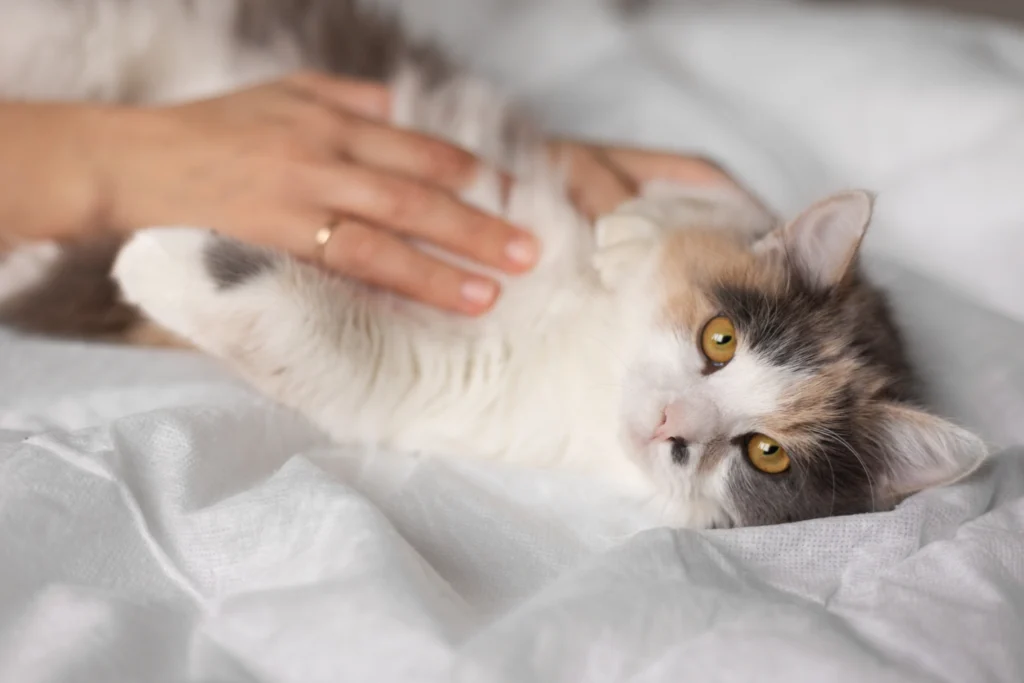
Herbal Remedies : Safe Options for Your Cat
Some herbs can help soothe your cat’s digestive system and relieve constipation, but they should always be used in moderation.
Safe Herbal Remedies:
- Chamomile Tea: Chamomile has anti-inflammatory properties that can help relax the digestive tract. Brew chamomile tea, allow it to cool, and offer your cat a small amount.
- Peppermint Tea: Like chamomile, peppermint tea can help calm your cat’s stomach and ease constipation. Dilute the tea and offer it in small amounts.
- Aloe Vera Juice: Aloe vera is a gentle, natural laxative that can help relieve constipation. Use aloe vera juice specifically designed for pets, and consult your vet for the right dosage.
Important Note: Always consult your vet before introducing any herbal remedy to ensure it’s safe for your specific cat.
When to Seek Veterinary Help: Understanding the Severity
Signs That Require Professional Attention
While home remedies can help relieve mild constipation, there are times when you should consult a veterinarian.
- No Bowel Movements for Over 48 Hours: If your cat hasn’t defecated for more than 48 hours, it’s important to seek veterinary help.
- Severe Pain or Distress: If your cat shows signs of severe discomfort, such as hissing, yowling, or hiding, it’s time for a vet visit.
- Vomiting or Lethargy: These are serious signs that may indicate a more severe issue, such as a bowel obstruction.
What the Vet Might Do
In more severe cases, your vet may:
- Administer medications to relieve constipation.
- Use an enema to help dislodge stool.
- Manually remove impacted stool in extreme cases.
Conclusion: Keeping Your Cat’s Digestive Health on Track
Constipation can be a painful and frustrating experience for both you and your cat. However, by implementing home remedies like increasing hydration, adding fiber to their diet, and encouraging exercise, you can help your cat feel better and maintain a healthy digestive system.
Remember, if symptoms persist or worsen, always consult with your vet to ensure your cat’s health is in safe hands. With the right care, you can help your furry friend live comfortably and happily.
If your cat is struggling with constipation, don’t wait for the problem to get worse. Try these home remedies today and see how they work for your cat. Your feline friend deserves to feel their best!
Have you tried any of these remedies for your cat’s constipation? Share your experience in the comments below, and don’t forget to check back for more helpful tips on keeping your pet healthy and happy.

